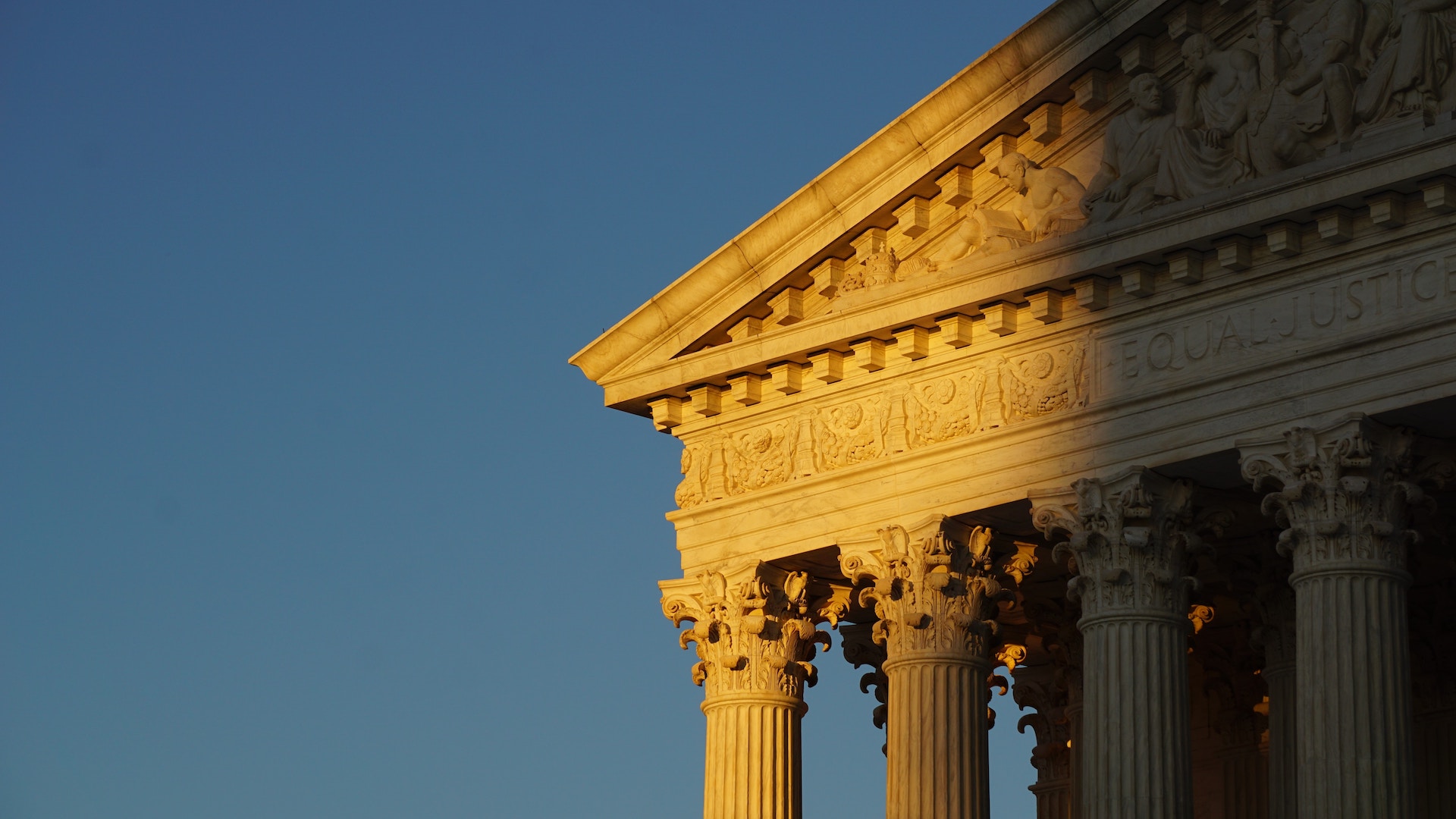Messaging on Affirmative Action

Narrative Principles for Discussing SFFA v. Harvard and SFFA v. University of North Carolina
October/November 2022
Our constitutional values could not be more important as we anticipate the Supreme Court arguments on several important cases this term. This memo offers messaging advice for promoting diversity and equal opportunity in the context of SFFA v. Harvard and SFFA v. University of North Carolina, constitutional challenges to college affirmative action policies.
In order to foster a diverse student body and overcome obstacles to educational opportunity, Harvard University and the University of North Carolina consider qualified students’ racial or ethnic backgrounds along with academic achievement and other qualities like leadership, socioeconomic status, and athletic or artistic talent. The U.S. Supreme Court will consider whether these policies violate the equal protection clause of the 14th Amendment to the U.S. Constitution, which bars racial discrimination by government entities, including public universities. Our hope is that the Supreme Court will ensure that everyone fully enjoys the protections and rights provided in our Constitution by protecting affirmative action. However, it is widely expected that the Supreme Court will ban affirmative action programs in its decision on these cases.
The Court will hear arguments on October 31, 2022. This communications advice is intended to help mobilize supporters of diversity and equal opportunity while persuading undecided audiences. It is based on opinion and media research as well as practical experience from around the country.
Messaging Advice
1. Lead with Values. Undecided audiences respond best when we lead with values they share, rather than dense facts or political rhetoric. In these two affirmative action cases, the most important values are diversity, opportunity, and the national interest. However, other values to consider are equality, inclusivity, and mobility.
- Expanding Opportunity: It is in everyone’s interest to see that talented students from all backgrounds get a close look and a fair shot and have the chance to overcome obstacles to educational opportunity.
- The Benefits of Diversity: Learning with (and from) people from different backgrounds and perspectives benefits our students, our communities, our work force, our military, and our country as a whole.
- Preventing Racial Isolation: It is important that schools are able to build student bodies that foster meaningful diversity that does not isolate any one group.
- Our National Interest: Fostering educational diversity and greater opportunity is critical to our nation’s future in a global economy and an increasingly interconnected world.
2. Explain that Affirmative Action furthers the National Interest When It Comes to American Demographics. The U.S. Census confirms that American society is becoming more and more diverse with most young people originating from historically underrepresented racial and ethnic groups. These changes mean that Americans must be able to learn and successfully navigate in increasingly diverse environments.
- Colleges, as institutions that train future leaders and participate in this world, are tasked with the responsibility of ensuring that students learn how to navigate diverse environments. Affirmative action provides colleges with the ability to immerse students in diverse environments, allowing them to best teach students how to successfully work within these environments in the future.
3. Emphasize that the Fourteenth Amendment was Intended to Expand Opportunity – Not Restrict It. It is concerned with protecting equal justice under law and was intended to help African Americans achieve opportunity in the United States.
- As one of the Reconstruction Amendments, the Fourteenth Amendment’s goal was to “grant […] citizenship and equal civil rights to African Americans and enslaved people who had been emancipated after the American Civil War.”[1] The Fourteenth Amendment was intended to help ensure that newly freed African Americans were able to experience full citizenship and the related rights of citizenship. The Fourteenth Amendment sought to provide African Americans with the opportunities and rights that they had been denied during slavery, but it is now being used to limit their rights. This history is an important reminder of how the Court is deviating from our values of equal justice and opportunity.
4. Discuss the Importance of a Judiciary that Respects Precedent and the Rule of Law. The Court’s approach to these cases, as well as the future direction of the Court, seems bleak given recent changes in its composition. It is nevertheless important to fight to protect the hard-fought, historic gains our country has made in promoting and preserving opportunity while critiquing the Supreme Court’s shortcomings. Advocates should encourage the Supreme Court justices to preserve prior decisions that protected constitutional rights, while seeking remedies to years of undemocratic practices that altered the Court’s composition.
- It is well known that “public trust and confidence in our government institutions is critical to the function of our democratic republic.”[2] In the judicial system, the principle of precedent, or stare decisis, is the idea that a court respects and defers to decisions before it. This concept is key to preserving legitimacy, trust, and confidence in courts, which are at historic lows. For the sake of democracy, it is important that the Court respects past precedents protecting the use of race in college admissions processes.
For a summary of the litigants and their main arguments, go here.
[1] Britannica, https://www.britannica.com/topic/Fourteenth-Amendment
[2] Natalie Anne Knowlton, Trusting the Public’s Perception of Our Justice System, IAALS (Aug. 27 2020), https://iaals.du.edu/blog/trusting-public-s-perception-our-justice-system.
A Court in Crisis: Messaging on the Supreme Court & the Judiciary
Incorporate your concerns about the Supreme Court’s legitimacy as you discuss the Court’s upcoming decisions.



